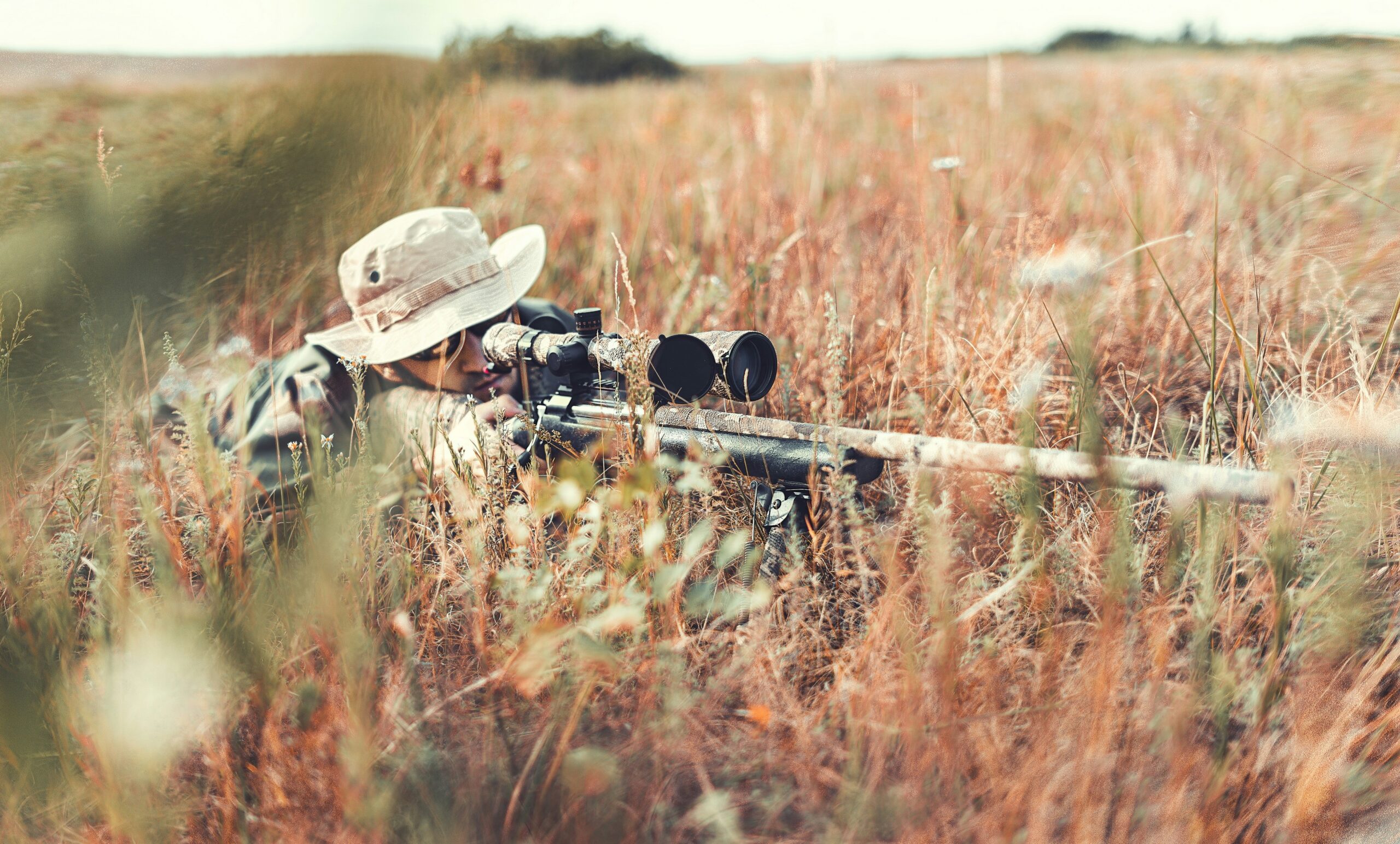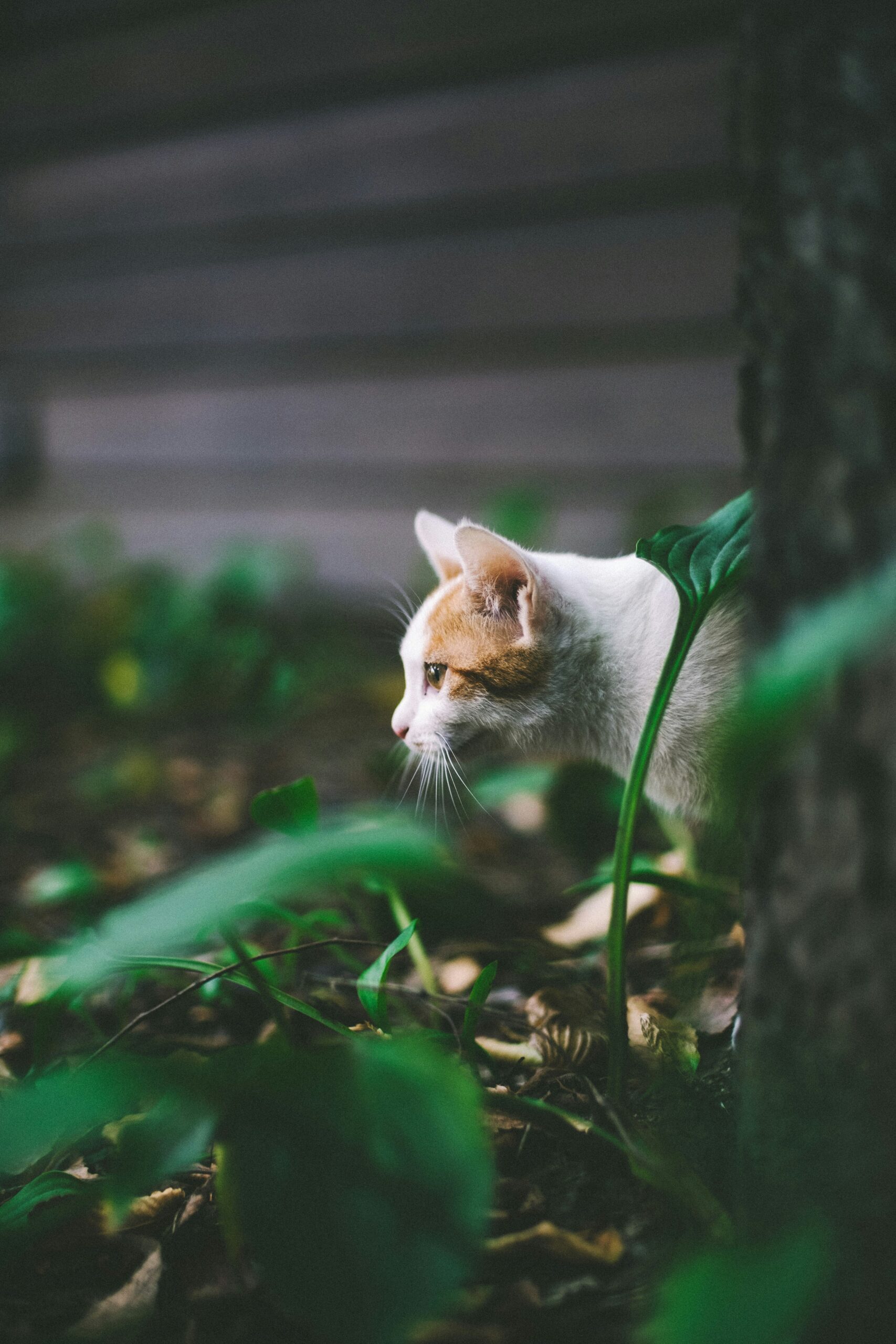If you’re an avid hunter, you’ve likely heard about the essential tool that can significantly enhance your hunting experience – binoculars. These nifty devices allow you to observe your surroundings with remarkable clarity, bringing distant objects closer and revealing details that would otherwise remain hidden from the naked eye. Whether you’re tracking elusive game or scouting for potential hunting spots, binoculars are an indispensable accessory that can make a world of difference in your hunting expeditions.

Spotting and Identifying Game
The primary use of binoculars in hunting
Binoculars are an essential tool for hunters, providing them with the ability to spot and identify game from a distance. By magnifying distant objects, binoculars allow hunters to clearly see details that would be impossible to discern with the naked eye alone. This increased visibility greatly enhances the hunting experience, allowing hunters to scout for potential targets without alerting them to their presence.
The different types of game spotted using binoculars
With the help of binoculars, hunters can spot a wide variety of game, including deer, elk, moose, bears, and even smaller animals like rabbits and birds. Binoculars enable hunters to survey large areas of land and locate potential targets that may be hiding in dense vegetation or at a distance. By using binoculars, hunters can quickly determine if a particular game is worth pursuing or if it meets legal requirements for hunting.
The importance of identifying game correctly
Identifying game correctly is an essential skill for hunters, as it ensures that they are targeting the right species and adhering to hunting regulations. Binoculars provide hunters with the clarity and detail necessary to accurately identify game from a distance, which is particularly important when hunting in areas with specific regulations regarding gender, size, or species. By correctly identifying game, hunters can make ethical and responsible decisions while pursuing their hunting activities.
Scanning the Environment
Use of binoculars for getting a wider field of view
Binoculars play a crucial role in scanning the environment, allowing hunters to cover a larger area and increase their chances of spotting game. By providing a wider field of view compared to the narrow vision of the naked eye, binoculars enable hunters to efficiently scan vast landscapes, identify potential hunting locations, and locate signs of game activity such as tracks or feeding patterns. This wider field of view is particularly advantageous when hunting in open terrains or expansive forests.
The role of binoculars in understanding topography
Understanding the topography of the hunting area is essential for effective hunting. Binoculars aid in this understanding by allowing hunters to observe the landforms, slopes, and vegetation from a distance. By studying the topography through binoculars, hunters can identify potential hunting spots, strategic positions, and natural features that may affect the movement of game. This knowledge helps hunters plan their approach, increase their stealth, and increase their chances of a successful hunt.
Judging Distance
Use of binoculars to estimate distance
Accurately judging distance is crucial in hunting to ensure a clean and ethical shot. Binoculars assist hunters in estimating distances by providing a magnified view of the target and the surrounding environment. By comparing the size of the game through binoculars with known reference points or using rangefinder capabilities, hunters can make more accurate distance estimations. This helps in choosing the appropriate firearm or bow settings, compensating for bullet drop or arrow trajectory, and ultimately increasing the chances of a successful shot.
How binoculars assist in accurate targeting
Binoculars not only help in estimating distance but also assist hunters in accurately targeting their game. By providing a magnified and detailed view, binoculars allow hunters to identify specific aiming points or vulnerable spots on the animal. This precision ensures a humane and efficient hunt, minimizing any unnecessary suffering. Binoculars also aid in understanding the game’s behavior, body language, and potential movement, enabling hunters to anticipate the best moment for an accurate shot.
The significance of distance judgment in hunting
Distance judgment is critical for the safety of the hunter and the integrity of the hunt. By accurately judging the distance to the game, hunters can avoid taking shots that are beyond their effective range, reducing the risk of wounding or injuring the animal without the ability to recover it. Additionally, distance judgment helps hunters maintain a safe shooting distance from other hunters or private properties, promoting responsible and ethical hunting practices.
Selecting a Suitable Path
The role of binoculars in avoiding dangerous terrain
Hunting often takes place in challenging terrains where the potential for dangerous obstacles or hazards is high. Binoculars play a vital role in helping hunters navigate safely by allowing them to scout the surrounding area and identify potential risks or obstacles, such as steep slopes, cliffs, or rocky terrain. By using binoculars to survey the path ahead, hunters can avoid accidents, injuries, or situations that may compromise their safety.
How binoculars help in finding the easiest route
In addition to avoiding dangerous terrain, binoculars also assist hunters in finding the easiest route to their desired hunting location. By using binoculars to scan the landscape for signs of game trails, open paths, or clearings, hunters can choose the path of least resistance. This saves time and energy, enabling hunters to focus on their hunting objectives rather than struggling through dense vegetation or difficult terrain.

Watching Wildlife Behavior
The role of binoculars in observing animal behavior
Binoculars are invaluable tools for observing and studying wildlife behavior in their natural habitat. By providing a closer and more detailed view of animals, binoculars allow hunters to witness their behavior, interactions, and movements from a safe distance. Observing animal behavior through binoculars helps hunters understand their habits, feeding patterns, and preferred routes, enabling them to anticipate the movements of their targeted game and strategize accordingly.
How observing wildlife behavior aids in successful hunting
Understanding wildlife behavior is crucial for successful hunting. By observing through binoculars, hunters can identify patterns such as feeding times, bedding areas, or migration routes, which can significantly increase their chances of encountering game. This knowledge allows hunters to plan their hunting activities effectively, position themselves in strategic locations, and increase the likelihood of a successful and ethical hunt.
Choosing the Correct Binoculars for Hunting
Different types of binoculars for different hunting environments
Not all binoculars are created equal, and choosing the correct binoculars for hunting is essential. Different hunting environments require specific features and specifications to maximize performance. For example, hunters in open plains might benefit from higher magnification binoculars for long-range spotting, while hunters in dense forests may prioritize a wider field of view for close-quarters maneuvering. Understanding the specific requirements of the hunting environment is crucial when selecting binoculars to ensure optimal performance.
Features to consider when buying hunting binoculars
When buying hunting binoculars, several key features should be considered to make an informed decision. Firstly, the magnification power determines how close and detailed the image appears, with a trade-off between magnification and stability. Additionally, the objective lens diameter affects the amount of light transmission and low-light performance. Other important factors include the field of view, waterproofing, durability, and the presence of extra features such as rangefinders or image stabilization. Carefully considering these features will help hunters choose the right binoculars for their specific hunting needs.

Binocular Maintenance and Care
The importance of maintaining your hunting binoculars
Proper maintenance of hunting binoculars is crucial to ensure their longevity and optimal performance. Regular maintenance helps keep the lenses clean, removes debris or moisture that may affect image quality, and prevents the build-up of dirt or grime that could potentially damage the binoculars. By taking the time to maintain their binoculars, hunters can rely on them for many hunting seasons to come, avoiding any issues that may arise from neglect or lack of care.
Steps to properly clean and store binoculars
Cleaning and storing binoculars correctly is a simple yet vital aspect of maintenance. To clean binoculars, use a soft brush or microfiber cloth to remove dust or debris from the lenses and body. If necessary, use a lens cleaning solution specifically designed for optical devices to gently clean the lenses. It is important to follow the manufacturer’s instructions and avoid using abrasive materials or chemicals that may damage the lens coatings or seals. When storing binoculars, protect them from extreme temperatures, moisture, or impact by using a padded case or carrying pouch.
Safety Aspects of Binocular Use in Hunting
How using binoculars can prevent hunting accidents
Using binoculars in hunting promotes safety by allowing hunters to observe potential targets and surroundings from a distance. By using binoculars to thoroughly scan the environment, hunters can confirm the presence of game and identify other hunters or non-target animals in the vicinity before taking any action. This reduces the risk of accidental shootings, mistaken identity, or hunting in restricted areas. Binoculars act as a safety tool that enables hunters to make informed decisions and prioritize the well-being of themselves and others.
The role of binoculars in ensuring personal safety
Binoculars play a crucial role in ensuring personal safety in hunting. By providing a clear view of the surrounding area, binoculars allow hunters to identify and avoid potential hazards or dangers. Hunters can use binoculars to scout for wild animals or predators that may pose a threat, assess the stability of the ground they are standing on, or even spot potential weather changes that could impact their safety. By utilizing binoculars to enhance their situational awareness, hunters can mitigate risks and ensure a safe hunting experience.
The Legal Implications of Using Binoculars for Hunting
Common laws and regulations related to binocular use
While binocular use is generally legal and encouraged in hunting, it is important for hunters to be aware of any laws or regulations specific to their location. Different jurisdictions may have restrictions on hunter optics, such as maximum magnification, prohibited features, or requirements for legal hunting equipment. Familiarizing oneself with local hunting regulations and consulting with wildlife management agencies or hunting organizations can ensure compliance with the law and prevent any legal implications when using binoculars for hunting.
Potential legal issues to be aware of while using binoculars
Using binoculars for hunting may present potential legal issues if not used responsibly. These issues primarily revolve around the ethical treatment of game and the avoidance of prohibited actions. For example, improper identification of game due to inadequate binocular use may result in the illegal hunting of protected species. Additionally, using binoculars for scouting or surveillance purposes, especially near private properties or restricted areas, may lead to trespassing or violation of privacy laws. Understanding and following the legal implications and guidelines for binocular use can ensure hunters stay on the right side of the law.
Advanced Uses of Hunting Binoculars
Technologies enhancing standard binocular use in hunting
In recent years, technological advancements have brought additional capabilities to hunting binoculars. Some binocular models incorporate rangefinder functionality, allowing hunters to measure distances accurately with a single device. Others feature image stabilization technology, reducing the effects of hand movement and providing a steadier view. These advancements enhance the standard use of binoculars, making them even more versatile and effective tools for hunters.
Infrared, thermal and night vision binoculars, their uses and advantages in hunting
For hunters engaged in nighttime or low-light hunting activities, specialized binoculars with infrared, thermal, or night vision capabilities offer a significant advantage. Infrared binoculars utilize infrared light to illuminate the surrounding environment, making it possible to spot game in complete darkness. Thermal binoculars detect heat signatures, allowing hunters to track animal movements and locate hidden game. Night vision binoculars amplify available light, enabling hunters to see clearly even in extremely low-light conditions. These advanced binocular options provide hunters with enhanced visibility, extending their hunting capabilities beyond daylight hours and increasing their chances of success.
